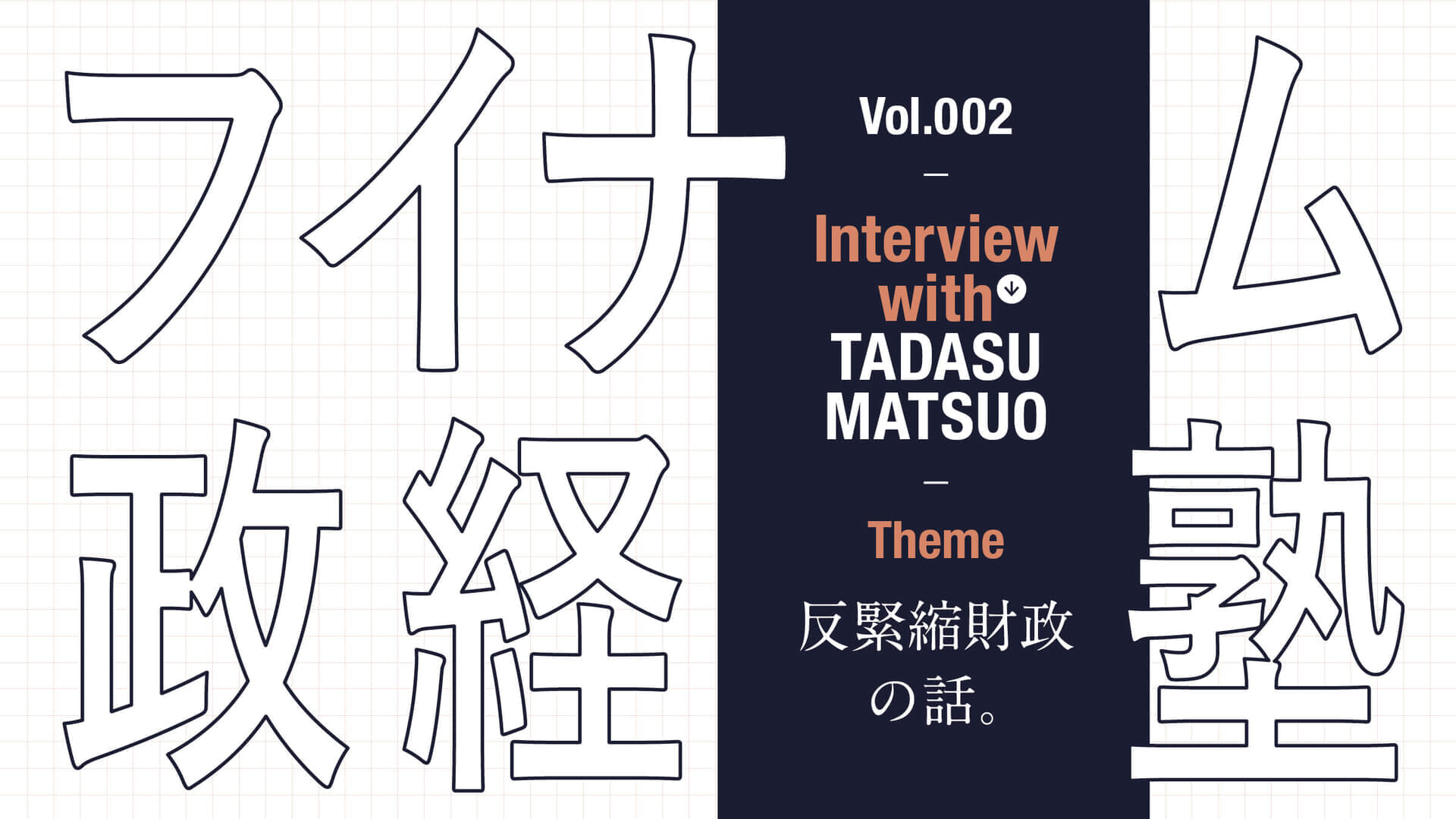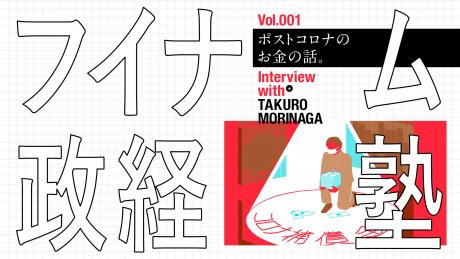An additional 100,000 yen in benefits to the people will not destroy Japan.
Japan does not have savings as we would call them in a normal household. What there is is a debt of 1,050 trillion yen.
As mentioned above, anti-austerity costs money. But there are no savings. So, it is necessary to borrow more money.
of the country borrowing money and pouring money into the market.The biggest concern people say is that inflation willThat is to say.
About Inflation and deflation
When goods and services sell rapidly and production cannot keep up, sellers raise the price because many people will buy them. In this way, the value of goods for money goes up and the value of money for goods goes down. It can also be said that prices go up. This is inflation. However, in order to achieve this state of affairs, everyone must have a certain amount of money to spare and a high level of willingness to buy. On the other hand, when goods remain unsold or customers stop coming to a store, sellers lower prices to increase sales as much as possible. However, since rivals do the same thing, the amount of goods sold does not increase much and the price only goes down. This is a phenomenon in which the value of goods goes down while the value of money goes up. This is deflation. It can be said that people are reluctant to buy because their salaries are low and they are worried about the future.
What is the current government's goal?Create a state of 2% increase in inflationIt is a state in which a 10,000 yen jacket is worth 10,200 yen a year later. A 10,000 yen jacket will be worth 10,200 yen a year from now. But we have not reached such a state yet,Inflation has always been less than 11 TP10T despite a 21 TP10T sales tax increase in 2019It was. Because of this state of affairs, inflation will not get so bad so easily, even if the government borrows money and spends it on people's needs.
When I talk about inflation, I often use the example of the astronomical inflation in Germany after World War I. At that time, Germany was in the grip of a war.Supply capacity had been destroyed.The French had taken over the Ruhr region, which is an industrial area. On top of that, the industrial Ruhr region was occupied by the French, and the workers there were striking in protest. However,The state only gave him money as a salary.I'm not sure how to do that. And so,Money has become as valuable as a piece of paper as a result of the market being flooded with money while no goods are being created.I think that's a good thing. Some people say that too much compensation money for corona will cause inflation later, but first of all, there is no war or anything like that, so there will be supply capacity once the situation calms down. And since other countries are more generous with their money, the yen is more likely to rise (and prices of imported goods are more likely to fall). In addition, there will be many people who cannot afford to buy things due to unemployment and salary cuts. This means deflation. There is an abundance of goods, but no money.Even if the Corona measure is to provide an additional $100,000 to the people, that's totally fine!"
In Vol. 1, Takuro Morinaga also said that there is no problem at all, but the editorial office also looked into the issue to see what is actually happening.

Source: Bank of Japan, "Flow of Funds Statistics
(Note 1) "JGBs" includes "FILP bonds". (Note 2) "Banks, etc." includes Japan Post Bank, securities investment trusts, and securities companies. (Note 3) "Life and non-life insurance companies" includes "Japan Post Insurance Company".
First, where does the national debt (government bonds) come from? 40% is borrowed from the Bank of Japan, which issues the Japanese yen, 20% from private banks such as UFJ and Mizuho, 20% from insurance companies, and 10% from public pensions and pension funds. The remaining 10% is borrowed from overseas.
As for 90% of the debt, you will find that it is borrowed from domestic institutions. As for here, we often"It's like lending and borrowing in the home."It is said. The image of parents (the government) borrowing money from their children (the Bank of Japan and insurance companies). From abroad, no matter how much Japan owes, it is said, "It's all domestic (in the home), and in the end, you have the same wallet.So, they think, "What's the point of this?
Matsuo says, "As for this 90%, it is not of the nature to be repaid in the first place.He said we should keep borrowing and paying back.... Nevertheless, the economy will still run healthy and will not be a burden on the people. How this works and how money is created here will be explained at another time.
Some people are worried because there are so many bonds.The government bonds are swelling" = "money is circulating in the world".It is. Still, the fact that the economy has remained stagnant without inflation,Because that amount was rather short.That's what I mean."
If austerity continues in the post-Corona world.
Even with the recession, the consumption tax was raised to 101 TP10T, and there is the shock of the corona.
If we continue the austerity measures that make people reluctant to spend money, individual stores and small and micro businesses will not be able to do so. If that happens, the physically strongNational chains and global corporations survive, and the workers there are only a few elites and low-wage, part-time workers....a world like this will be created.
In the U.S., hospital care is also increasingly online. So physical distance is no longer an issue, and users are flocking to places with lower consultation fees. This will weed out private clinics. Universities are also moving toward online classes, and regardless of national borders, people will flock to places where tuition fees are low. If that happens, I too will go out of business (laughs).
If you are a traveler, you may have noticed that the landscape of any city in the world is becoming more and more similar. Advertisements of global corporations fill the streets, and stores and hotels of global corporations fill the streets. The evils of austerity can be seen in such places.
I don't mean to imply that globalization is a bad thing,Too much globalization will cause companies to flee to countries with lower tax rates and lower working conditions.There are times when If that happens, we cannot collect corporate tax and we cannot raise labor conditions. Therefore, it is necessary to have a fundamental solution that is not merely anti-globalism, but true international solidarity, such as raising tax rates in countries with low corporate tax rates, or making working conditions for foreigners the same as those for Japanese people."
How to achieve an anti-austerity world.
The consumption tax will be zero, hospitals and education will be free, childcare will be well supported, and people will receive a large pension in their old age. Everyone can work as a full-time employee instead of a temporary worker.
When the world becomes such a world.They will no longer be anxious about their future and will be willing to buy things they have been holding back. They will eat out and travel more often. Money will flow around and the economy will improve. Marriage and having children will become less difficult, and the declining birthrate problem can be solved.It's a good thing. It's a good thing.
In order to achieve an anti-austerity world, we must first make non-regular workers disposable and inefficient. We will make working conditions for temporary workers equal to those of regular employees. Then, we need to speak out against the national and local governments to demand more welfare, medical care, and other services.
Another way is to put such people at the top of national and local governments. In Tokyo, the Tokyo gubernatorial election will be held on July 5 (Sunday). If we can elect a candidate who will promote anti-austerity measures, the world will be much closer to an anti-austerity world.

Tadashi Matsuo
Born in 1964, he completed his doctorate in economics at Kobe University Graduate School of Economics in 1992 and joined Kurume University, where he has been a professor since 2008. He specializes in theoretical economics. He is the author of "Merchant's Way Nosu Me", "This Economic Policy Will Save Democracy", "Keynes Strikes Back: Hayek's Wisdom", and co-author of "An Introduction to Marxian Economics in the Future" and "It's Time for the Left to Talk about 'Economics': Political Economy of the Left 3.0".
- 1
- 2










